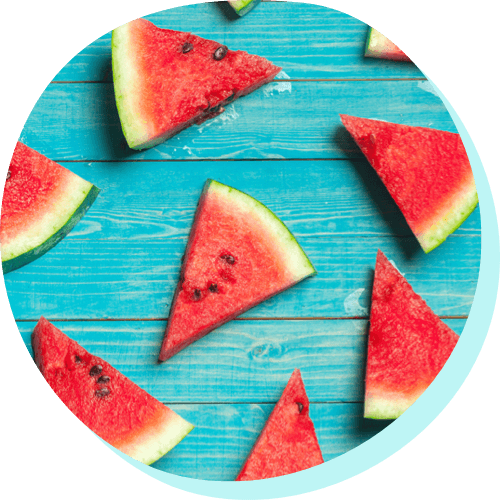Feeling bloated can be uncomfortable. Side-step those discomforts this holiday season by avoiding these foods that can cause bloating and gas.
You’ve saved room for a delicious feast all day long, with images of magnificent turkey legs, mounds of mashed potatoes, and warm dinner rolls dancing around in your head. And while you do your best to eat in moderation, holiday meals have a way of setting up a lot of people for occasional bloating and gas. (It may be embarrassing, but it’s also pretty common!)
In addition to treating with a reliable product like Gas-X — the No. 1 doctor-recommended brand for fast gas relief (among over the counter brands) — we spoke to a registered dietician about the top five gas-inducing holiday food culprits and how to avoid that uncomfortable bloat. If you know you’re susceptible, follow the advice listed below, and make sure you’ve got Gas-X Extra Strength Chewables on hand.
Foods To Avoid That Cause Bloating
1. All Those Veggies
Your mom always told you to eat your vegetables, but she probably didn’t warn you about their ability to cause bloat.
“Unfortunately, some of the vegetables that produce the most gas are also the healthiest veggies you can choose.“ says Bonnie Taub-Dix, RD, the author of Read It Before You Eat It — Taking You From Label to Table. She notes that broccoli, cauliflower, brussels sprouts, and cabbage are members of the cruciferous family, and can cause gas. “Other foods like eggplant, peppers, grapes, and melon can have the same effect, yet they provide multiple health benefits.”
While she cautions not to flat-out avoid these foods, Taub-Dix suggests limiting yourself in terms of how many of these particular vegetables or fruits you’re eating in one sitting and, if you do choose to eat them, to keep an eye on portion size.
2. Legumes
Every silly song you’ve ever heard about beans and gas wasn’t just written for the heck of it. Taub-Dix explains that beans, and any other legume, contain a complex sugar that's scientifically referred to as oligosaccharide, which the body has a difficult time breaking down, leading to bloating and gas.
As with the vegetables listed above, limit the amount of legumes you consume in one sitting.
3. Super-Salty Foods
“Salt acts like a magnet to water, so go easy on foods that are naturally high in salt, like pickles, olives, and capers, and be sure to read labels of highly processed foods to check their sodium content,” advises Taub-Dix. “Our new dietary guidelines for Americans suggests that we try to limit sodium intake to around 2,300 mg./day.”
To put that into perspective, a mere tablespoon of salt has roughly 2,300 mg. of sodium.
Though salt doesn’t specifically cause gas, it can lead to water retention, which can make you feel bloated.
4. Ultra-Sugary Foods
Oh no — not the cookies, chocolate, and candies! While the complex sugar in beans is difficult for your body to break down, it’s not the only sugar to be wary of when trying to prevent gas and bloating. The International Foundation For Gastrointestinal Disorders says that raffinose, lactose, fructose, and sorbitol are among the worst gas-inducing sugar culprits, so beware of these ingredients in recipes and prepackaged foods.
5. Gas-Producing Eating Habits
“Sometimes problems arise not from the foods we eat, but how we eat them — aka our habits. Some typical gas-promoters include drinking through a straw, talking while eating, chewing gum, and sitting for too long without moving around,” says Taub-Dix.
Make sure to take time to savor every bite, chew thoroughly, and pair your meal with lots of H20. These small efforts can make a big difference in your gut health at the end of your meal!





